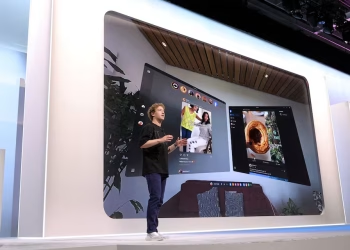Researchers are almost ready to make it possible to create biological offspring without engaging in sexual activity, which is a revolutionary discovery. A new method known as in vitro gametogenesis (IVG) has experts predicting that over the next ten years, same-sex couples and infertile individuals may be able to conceive using lab-grown eggs and sperm.
By reprogramming skin or stem cells into reproductive cells—either eggs or sperm—IVG is a groundbreaking procedure. According to the Human Fertilisation and Embryology Authority (HFEA), the UK’s fertility authority, scientists are making significant progress in this area. Two biological fathers have even been able to produce kids in mice using this technique. Human trials are still being conducted to guarantee efficacy and safety, nevertheless.
If authorized, IVG might revolutionize fertility treatments by eliminating the requirement for sperm or egg donors and providing new options for people who are unable to conceive naturally as well as same-sex couples. It might even make multi-parenting a reality, in which a child inherits genetic material from more than two parents.
Although the technology shows promise, moral questions are becoming more and more pressing. Some specialists are concerned about the potential genetic dangers associated with solo parenthood, in which the cells of a single individual produce both the egg and the sperm. Others wonder about the effects of designer babies on society, where non-medical qualities could be selected for through genetics.
The public’s response has been conflicted, with many people in favor of IVG provided strict rules are in place. As technology gets closer to making this futuristic idea a reality, ethicists and legislators will need to intervene to guarantee its appropriate application.
The prospect of lab-grown children is currently science on the verge of a breakthrough, not simply science fiction.






















































